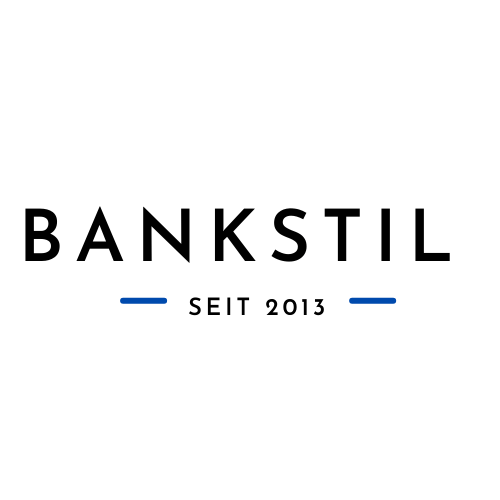Von Ralf Keuper
Das Geschäft der Banken besteht – im Prinzip – aus Informationsverarbeitung. Infolgedessen hat die Art und Weise, wie Daten gesammelt und in Informationen verwandelt werden, eine erfolgskritische Bedeutung. Inzwischen sind die Banken nicht mehr die einzigen, die über große Datenbestände verfügen, aus denen sich der Zustand und die Entwicklung der Wirtschaft und damit auch das Kundenverhalten ableiten lässt. Digitale Plattformen wie Alibaba, Amazon, Apple, Google und facebook haben die Banken bereits an vielen Stellen als Clearingstelle des Daten- und Informationsflusses in der Wirtschaft ersetzt.
Wohin die Reise gehen könnte, beschreibt Dries Buytaert in No, Data Is Eating the World:
Tomorrow’s applications will consume multiple sources of data to create a fine-grained context. They will leverage calendar data, location data, historic clickstream data, social contacts, information from wearables, and much more. All that rich data will be used as the input for predictive analytics and personalization services. Eventually, data-driven experiences will be the norm.
Die Systemlandschaft der meisten Banken ist noch nicht in der Lage, den Schwenk zu vollziehen, der nötig ist, um die verschiedenen Datenströme miteinander zu verbinden, wie es u.a. in Banks’ Ancient Data Systems a Barrier to Digital Makeover heisst.
Dennoch – einige Banken haben die strategische Bedeutung von Data Science erkannt, wie Vamsi Chemitigani in How Data Science is Transforming the Banking Industry berichtet.
Vor einiger Zeit beschrieb James Brian Quinn die Entwicklung, die sich immer deutlicher abzuzeichnen beginnt:
In some service industries – like banking, publishing, communications, or entertainment – it soon became possible to disaggregate the critical units of service activity into digitized sequences, electronic packets, data blocks, or bytes of information that could be endlessly combined or manipulated for new effects or to satisfy individual customer and operating needs. .. In all industries, seeking out such micro-units enables the highest possible degree of segmentation, strategic fine-tuning, value added definition, and cost control to help connect and target new innovations in the marketplace. (in: Innovation Explosion. Using intellect and software to revolutionize growth strategies).
Weitere Informationen:
From FinTech to TechFin: Data is the New Oil.
